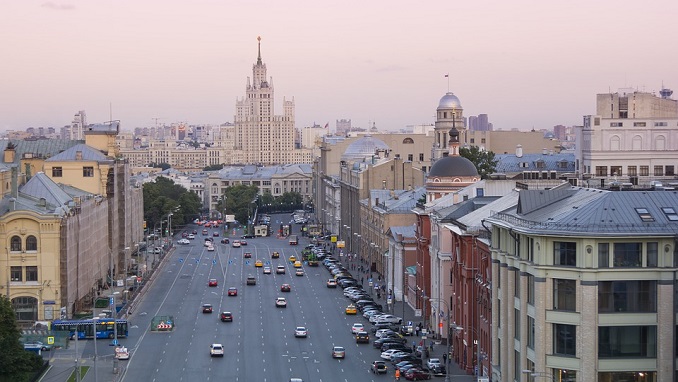Russia’s large companies in state ownership should be privatized in sectors where state-owned firms generate less than one third of the proceeds, economists from the Russian Presidential Academy of National Economy and Public Administration (RANEPA), say in a new study.
The state should gradually reduce their share in sectors where this share is high, such as transport, energy, mining, finances, and public utilities, the study concludes, according to Vedomosti.
After analyzing the performance of big Russian companies – 16 state-owned and 133 private in the period between 2006 and 2016, the authors of the research have come to the conclusion that privatization is necessary despite Western sanctions and potentially selling assets at a lower price.
In 2014-2016, the dividend yield of private companies increased, while that of state firms declined, which restricted the budget income basis, the research said.
Private companies could have been more profitable than companies with state participation after 2016 due to sectoral sanctions, which forced state firms to pay off external debts without refinancing more actively, as well as the burden of strategic and social functions, the paper said.
Meanwhile, the Finance Ministry does not expect major privatization projects, with planned revenues from privatization transactions expected at $196 million and $166 million in 2019 and 2020, respectively. Moreover, it does not plan any such revenue in 2021, the report says.
A source in the government’s central office told the paper that both First Deputy Prime Minister Anton Siluanov and Economic Development Minister Maksim Oreshkin consider private business to be far more efficient.
“Ideally, if Russia did not face sanctions, the (government’s) financial and economic block would have been lobbying for privatization now,” the source said, adding that amid the current environment major privatization deals are only possible with a huge price discount.












